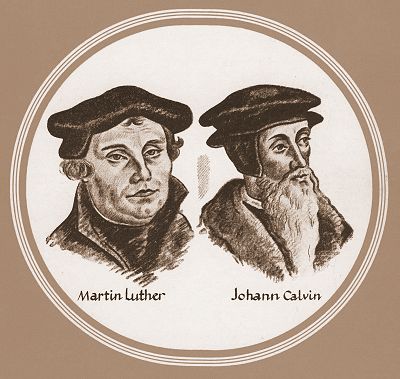 Saint Ignatius came back from St. Paul's this bright Easter week in April, on a Friday, one of the greatest men of modern days. The world, if it has not recognized the saint, has recognized the society he formed, and the place he filled in it. When he stood on the threshold of their house, his institute numbered but a few; yet it had made good progress for the short time of its existence. Besides the professed fathers, some were studying in Paris, and about twelve were in Rome. They had survived persecution and turned bitter enemies into ardent friends, and they had separated to go where the successor of St. Peter had pointed out. They had done wonders of charity; and the church had now acknowledged them as a new development of the love of God.
Saint Ignatius came back from St. Paul's this bright Easter week in April, on a Friday, one of the greatest men of modern days. The world, if it has not recognized the saint, has recognized the society he formed, and the place he filled in it. When he stood on the threshold of their house, his institute numbered but a few; yet it had made good progress for the short time of its existence. Besides the professed fathers, some were studying in Paris, and about twelve were in Rome. They had survived persecution and turned bitter enemies into ardent friends, and they had separated to go where the successor of St. Peter had pointed out. They had done wonders of charity; and the church had now acknowledged them as a new development of the love of God. With Luther and Calvin, a new trial had fallen upon Christendom, and the Society of Jesus was just what the Church at that moment wanted.A cry had arisen against religious orders. And this cry was met, not by a cowardly hiding of the evangelical councils as a cause of offence, but by the confirmation of a new order, which was to live in the world's sight, and whose enclosures were to be nothing less than the boundaries of the earth. Ignatius, as the servant of God, now began his generalship, by setting his house in order and writing the constitutions. We look on these acts with a peculiar interest.
Link (here)
I honestly believe the Jesuit order was right for the time in which it was founded...and so was the SSPX. But both have LONG outlived their usefulness and faithfulness to the church. The only difference here being the Jesuits have had centuries to learn how to work WITHIN the system, while the SSPX never had such intentions.
ReplyDelete